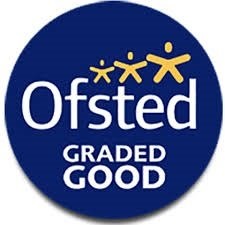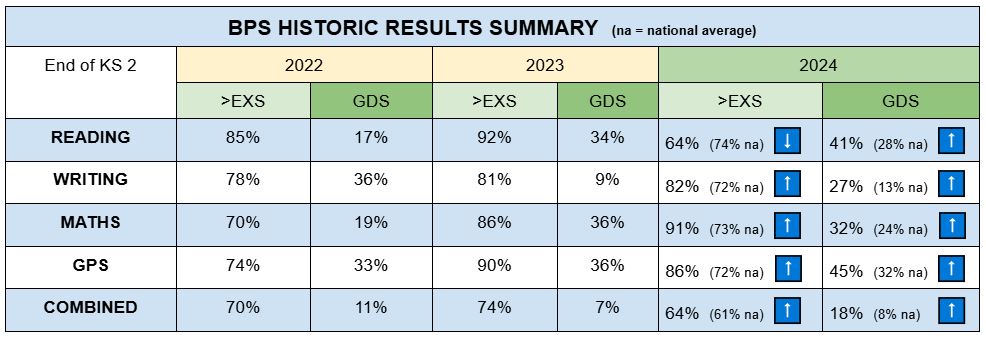Ofsted Report & Performance Data
Pupil Outcomes
As a result of the pandemic, there is no formal DfE data available for 2019/20 and 2020/21.
We are incredibly proud of the upward trajectory of our pupils' outcomes, where 2021/22 saw record-breaking results. We are delighted to have continued with these improvements in 2022/23 and again in 2023/24.
OFSTED
- Byfleet Primary Ofsted Report 2018.pdf
- DfE Performance Tables Please find below a link to the official performance table for Byfleet primary.




